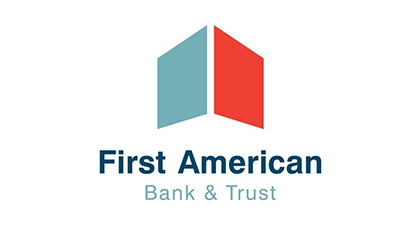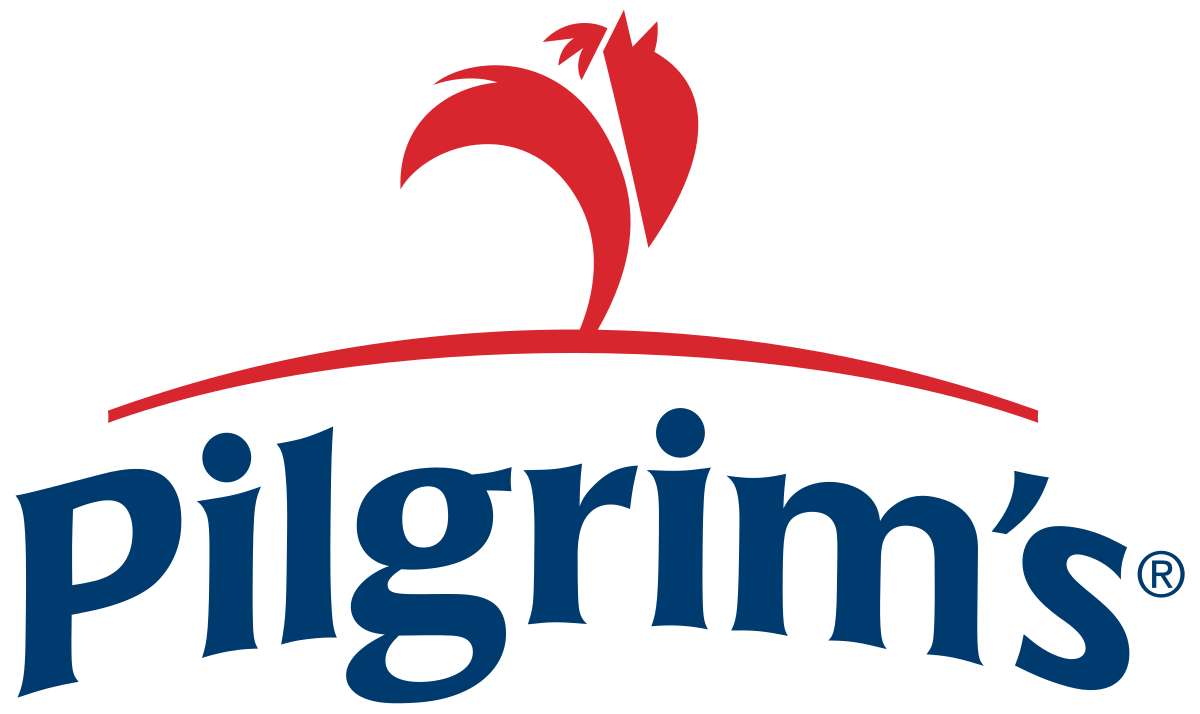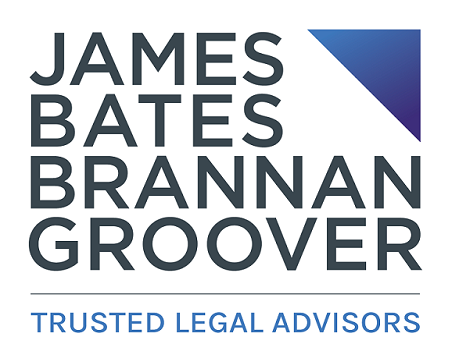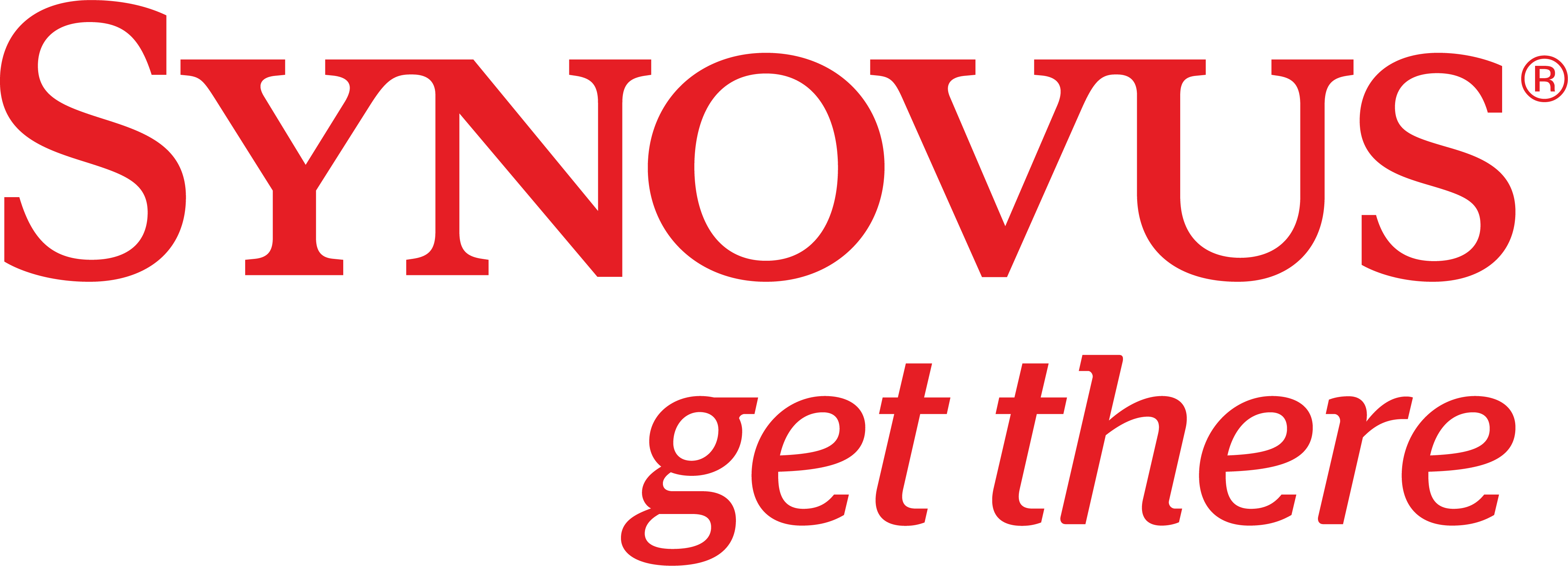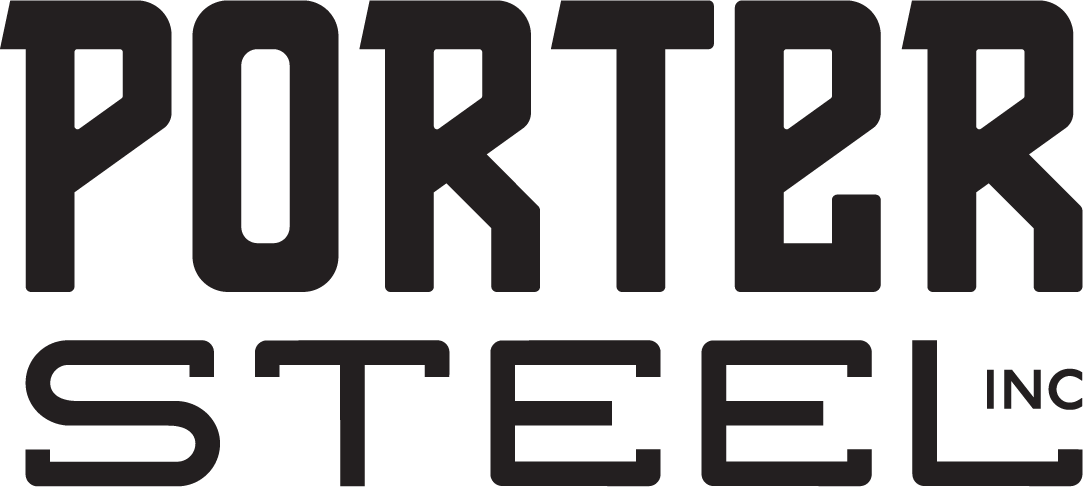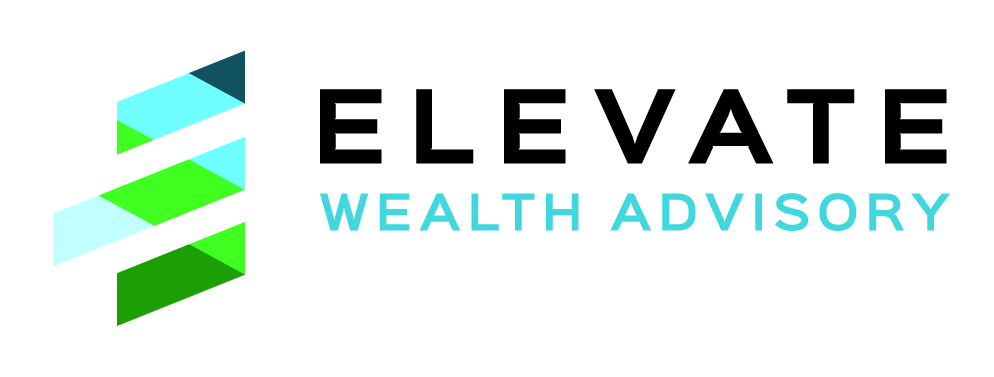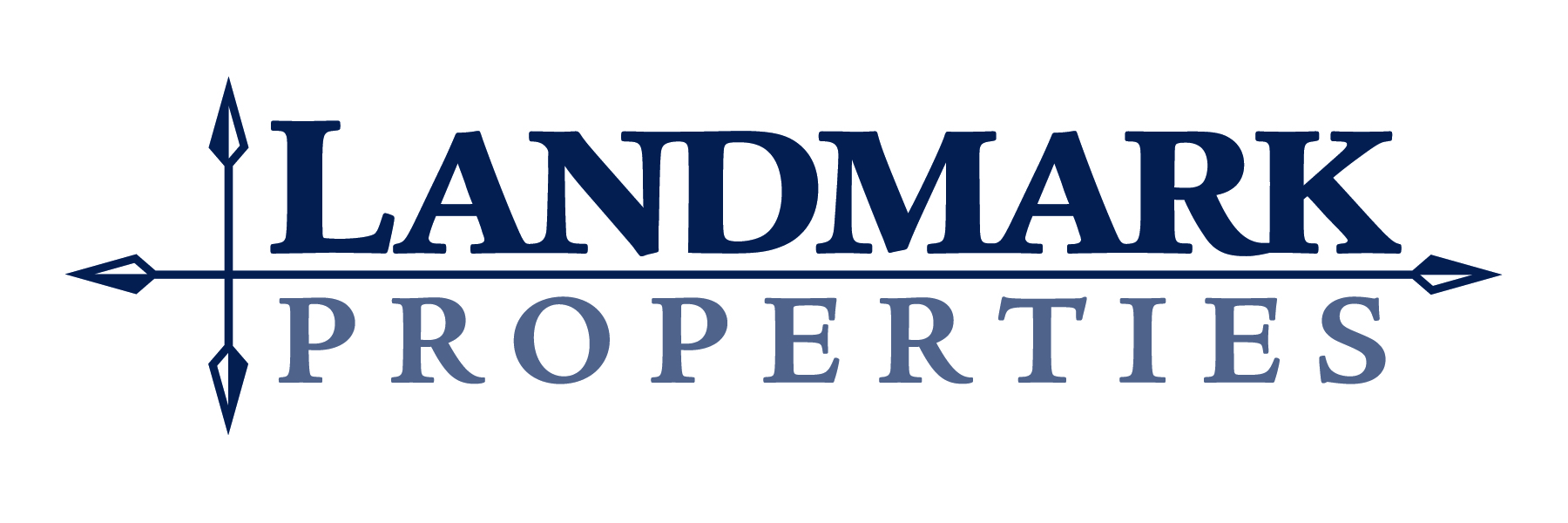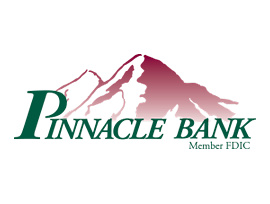From Day One: Smart Business Investments for Sustainable Growth
Launching your first business is a moment of transition: you’ve moved from planning to execution, and the choices you make now will shape how sustainable and profitable your company becomes. Beyond day-to-day costs, the smartest founders allocate resources to foundational investments that remove friction, build trust, and set the business up to scale.
Below are key areas where early investments have an outsized payoff.
1. Professional Branding and Online Presence
Your first impression often happens online. A polished website and consistent branding establish credibility, especially for new companies without a track record. Platforms like Shopify make it possible to launch an e-commerce store quickly, while services such as Namecheap simplify domain registration and hosting.
Tip: Don’t overspend on design before you’ve validated your offering. Instead, invest in professional templates, clear messaging, and reliable hosting.
2. Financial Systems and Bookkeeping
Poor financial tracking sinks many startups. Early adoption of accounting software not only helps with compliance but also provides visibility into cash flow and profitability. Tools like QuickBooks or Xero let founders automate invoicing, track expenses, and prepare for tax season.
If you expect to raise capital, well-structured financial records build confidence with investors and lenders, including programs on the U.S. Small Business Administration site.
3. Secure, Legally Binding Digital Agreements
Contracts are the backbone of vendor, client, and employee relationships. Mailing paper documents or relying on unsigned PDFs creates delays and risk. By using digital signatures, agreements can be finalized in minutes while maintaining full legal validity. For example, you can consider this option for signing documents with digital certificates that meet international compliance standards. A digital signature provides strong identity verification and ensures your agreements are both efficient and secure.
4. Communication & Collaboration Infrastructure
Remote and hybrid work are now the norm. Choosing the right communication platform early saves time and prevents later migration headaches. Tools like Slack streamline messaging and file sharing, while Zoom supports video meetings with clients and distributed teams.
Founders should also consider a simple knowledge-sharing platform (such as Notion or Confluence) to document workflows, ensuring new hires onboard quickly.
5. Marketing Automation and Customer Relationship Management (CRM)
Building awareness is only half the battle—nurturing relationships is where many new businesses falter. A basic CRM investment helps track leads, client interactions, and follow-up tasks. Platforms like HubSpot offer free starter tiers that can scale as you grow.
Email automation, social media scheduling, and analytics also reduce founder workload and create a consistent brand voice.
6. Insurance and Risk Protection
Entrepreneurs often delay insurance until it’s too late. At a minimum, new companies should evaluate:
-
General liability insurance
-
Property coverage (if leasing space or equipment)
-
Professional liability (if offering services)
-
Cybersecurity protection (for online businesses)
Your local Chamber of Commerce may offer member resources to help compare policies and find trusted providers.
Quick Checklist of High-Impact Early Investments
-
? Professional website and domain registration
-
? Bookkeeping/accounting system
-
? Digital signature solution for contracts
-
? Internal communication platform
-
? CRM and marketing automation setup
-
? Insurance tailored to your industry
Comparison Table: Startup Investment Priorities
|
Investment Area |
Purpose |
|
Branding & Web |
Establish credibility, attract customers |
|
Accounting & Finance |
Track revenue, stay compliant |
|
Digital Agreements |
Speed up contracts, ensure legality |
|
Collaboration Tools |
Streamline team communication |
|
CRM & Marketing |
Manage leads, automate outreach |
|
Insurance |
Protect against liability and risk |
Frequently Asked Questions
Do I need to invest in all of these at once?
Not necessarily. Prioritize what removes the biggest friction for your business model. For a service company, contracts and invoicing might be first. For a product-based business, branding and e-commerce infrastructure may take priority.
Are free tools enough to start?
Free tiers are a great way to test solutions, but most businesses upgrade within the first year for features like integrations, analytics, or compliance.
How do I know which insurance to buy first?
Start with liability coverage—it protects against the most common risks. Consult a licensed broker for industry-specific advice.
What if I’m bootstrapping and have limited funds?
Focus on systems that save you time and reduce errors—like bookkeeping, digital contracts, and client communication. These pay for themselves quickly.
Conclusion
The most successful new business owners don’t wait until problems arise—they invest early in tools, systems, and safeguards that create a foundation for growth. By setting up reliable financials, securing contracts digitally, building a clear online presence, and protecting against risk, you give your business the structure it needs to thrive long after the launch excitement fades.
Discover the vibrant community and endless opportunities with the Athens Area Chamber of Commerce, where businesses thrive and connections flourish in northeast Georgia!

Premier Partners
Elite Partners
Classic Partners

Kaiser Permanente

Spectrum
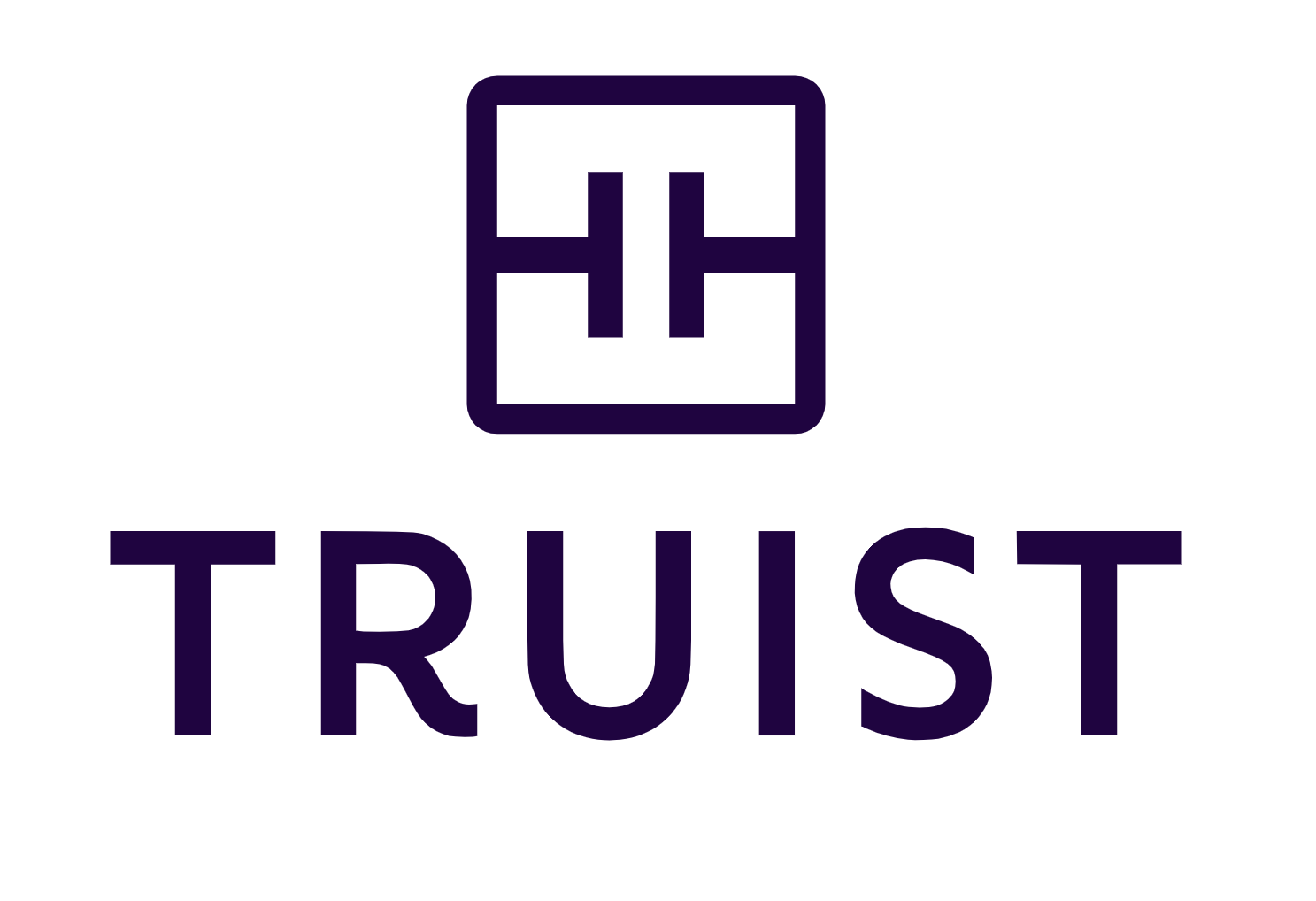
Truist
Supporting Partners

Peach State
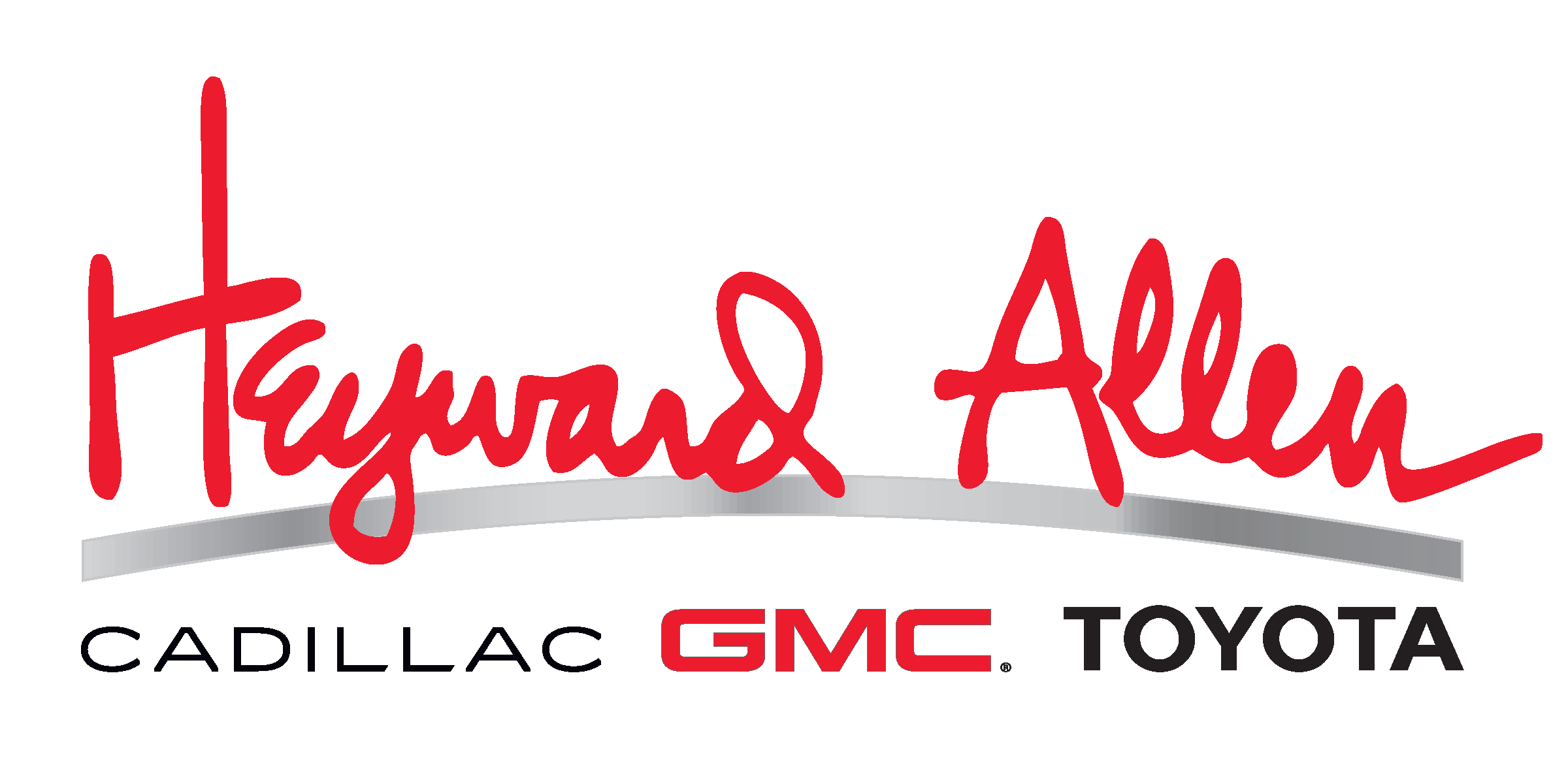
heyward allen

Jackson Spalding

Regions

Classic City Bank

Servpro
Friends of the Chamber
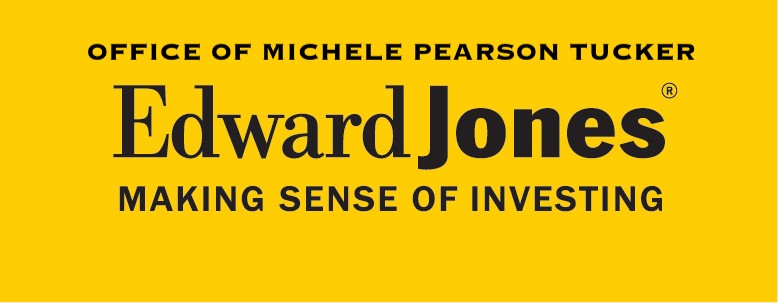
michele pearson tucker

Good Works

Grahl Construction

Pellicano Construction

Georgia Heart Institute

NEGA Physicians Group

joma
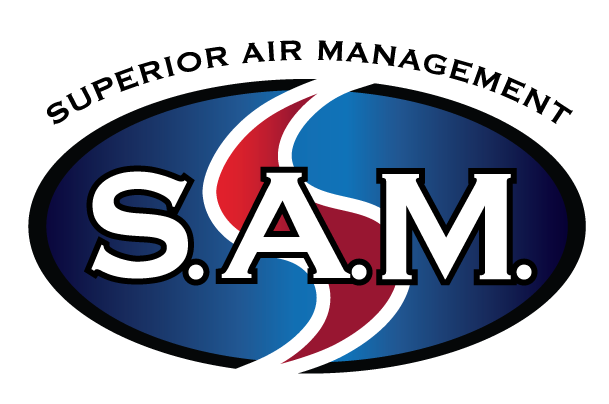
superior air management

Milestone Construction

Donegal Insurance

W&A

coca cola

oconee construction services

Kevin Price




